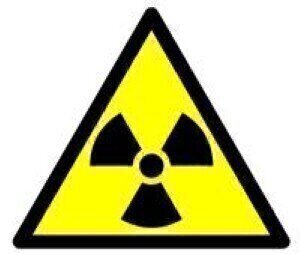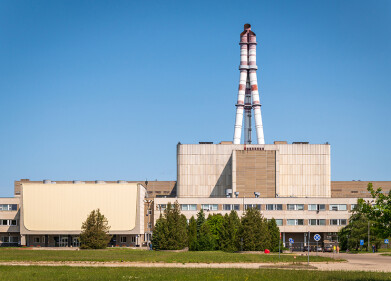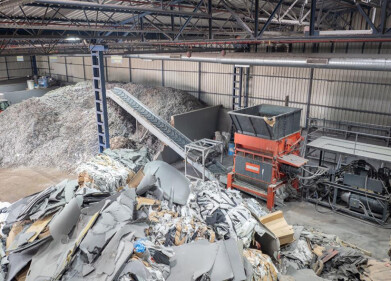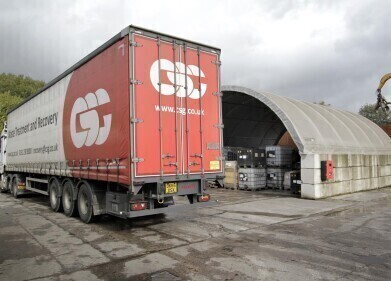Hazardous waste
Pew Applauds First Step in Developing a Science Plan for U.S. Arctic Ocean
Jun 29 2011
Marilyn Heiman, director of the Pew Environment Group’s U.S. Arctic Program, issued the following statement in response to today’s release of the U.S. Geological Survey’s (USGS) Arctic Ocean science review:
"We are pleased that Interior Secretary Ken Salazar and the USGS put a high priority on identifying gaps in science regarding America’s Arctic Ocean. Although a good deal of research has been completed, very little of it has been synthesized in a way that can guide informed decisions regarding if, when, where and how oil drilling should take place.
"The agencies need:
Better information and methods for tracking spilled oil and how it would react to Arctic conditions, particularly in ice.
A process for identifying important ecological and subsistence areas to protect from drilling.
A long-term comprehensive monitoring program to understand the impacts of drilling and oil spills on walrus, ice seals, bowhead whales and other marine mammals.
"There is a lot at stake. The Beaufort and Chukchi seas off Alaska’s northern coast are home to species found nowhere else in the United States, as well as to millions of migratory birds. In addition, this unique ecosystem is central to the diet and culture of Indigenous communities who have practiced a subsistence way of life for thousands of years.
"The Arctic is warming at twice the rate of the rest of the planet, leading to a dramatic loss of summer sea ice and attracting significant interest in oil and gas drilling. To protect this already stressed ecosystem, a comprehensive research and monitoring plan needs to be in place before expanding drilling in U.S. Arctic waters."
Events
Mar 18 2025 Expo Santa Fe, Mexico
Mar 18 2025 Moscow, Russia
Mar 19 2025 Manila, Philippines
Mar 20 2025 Guangzhou, China
Mar 24 2025 National Harbour, MD, USA














